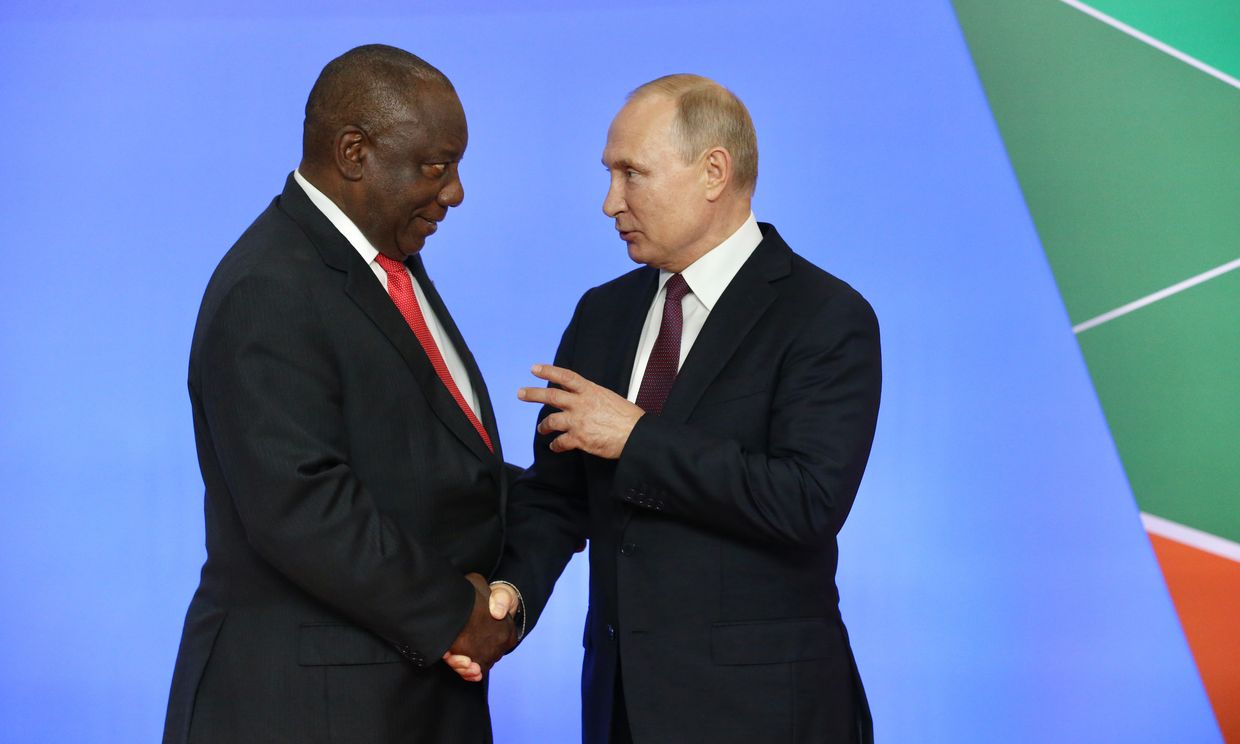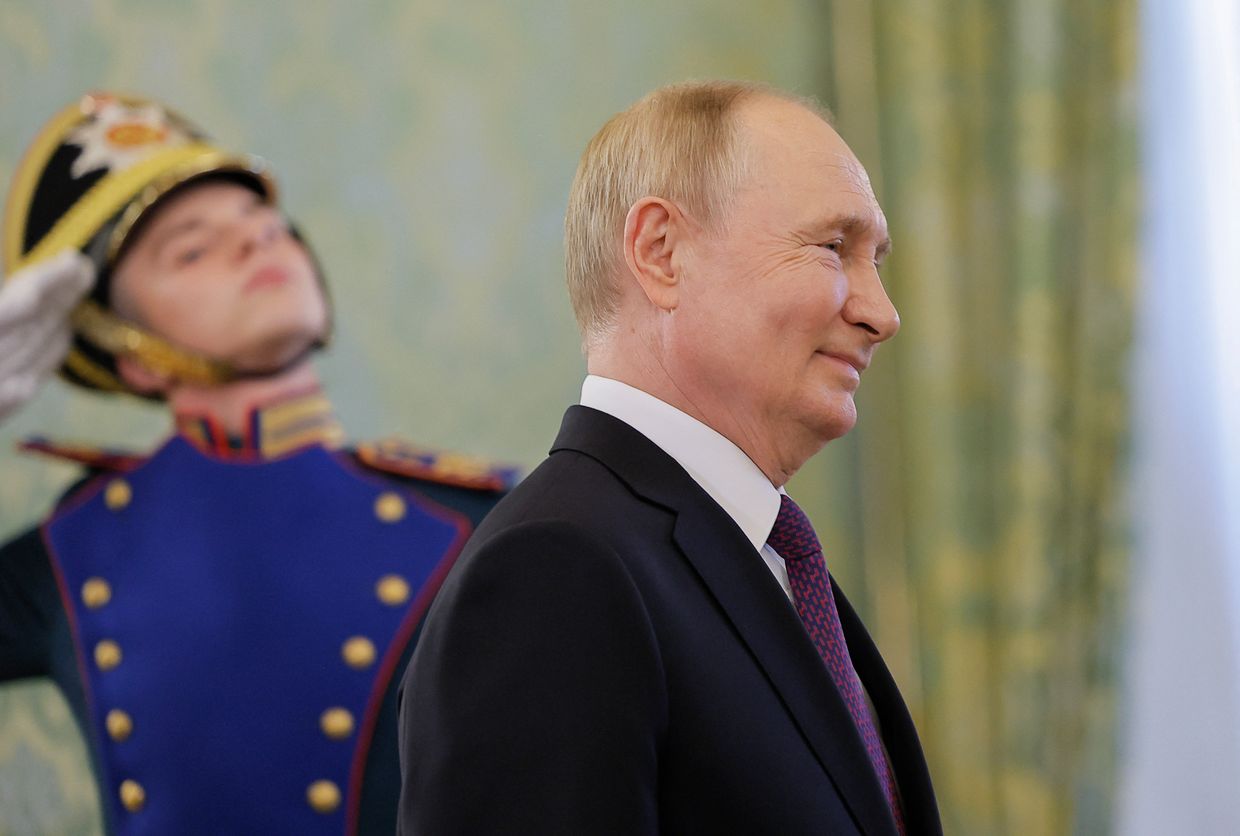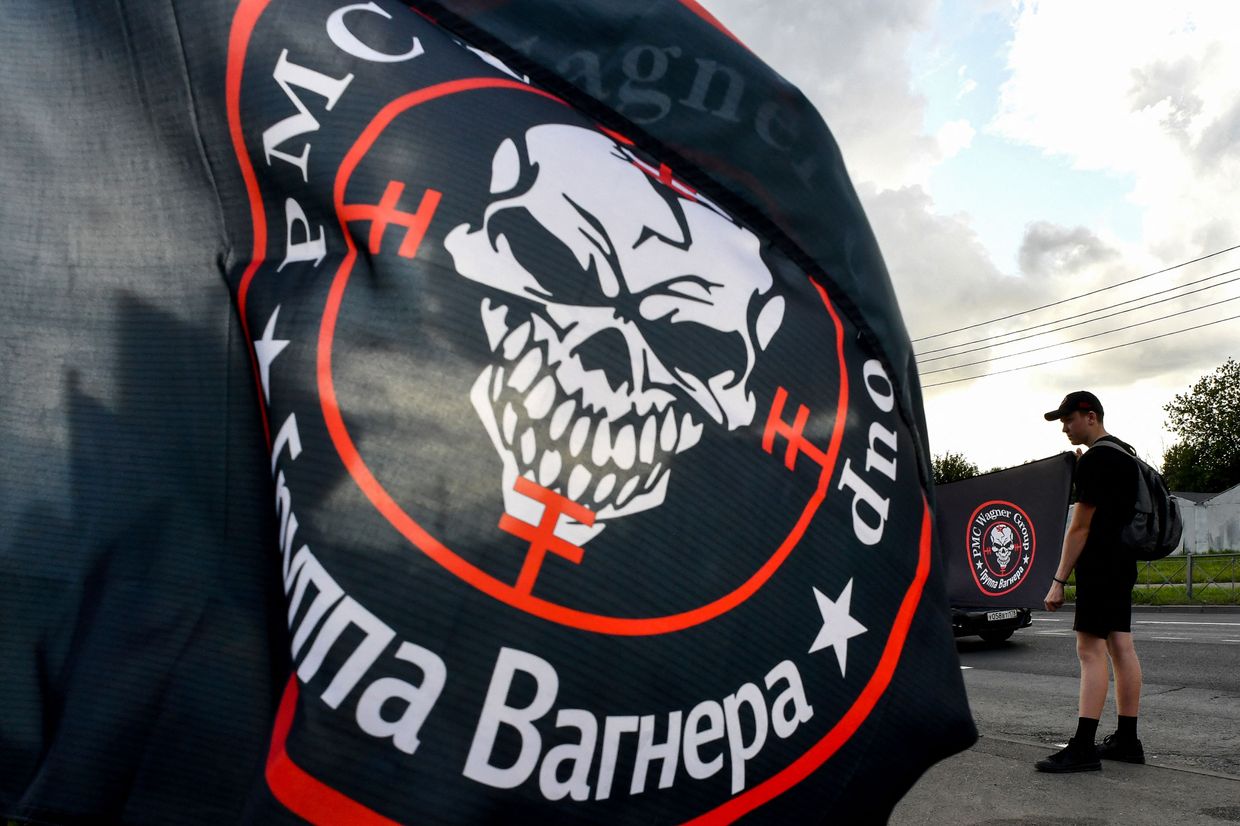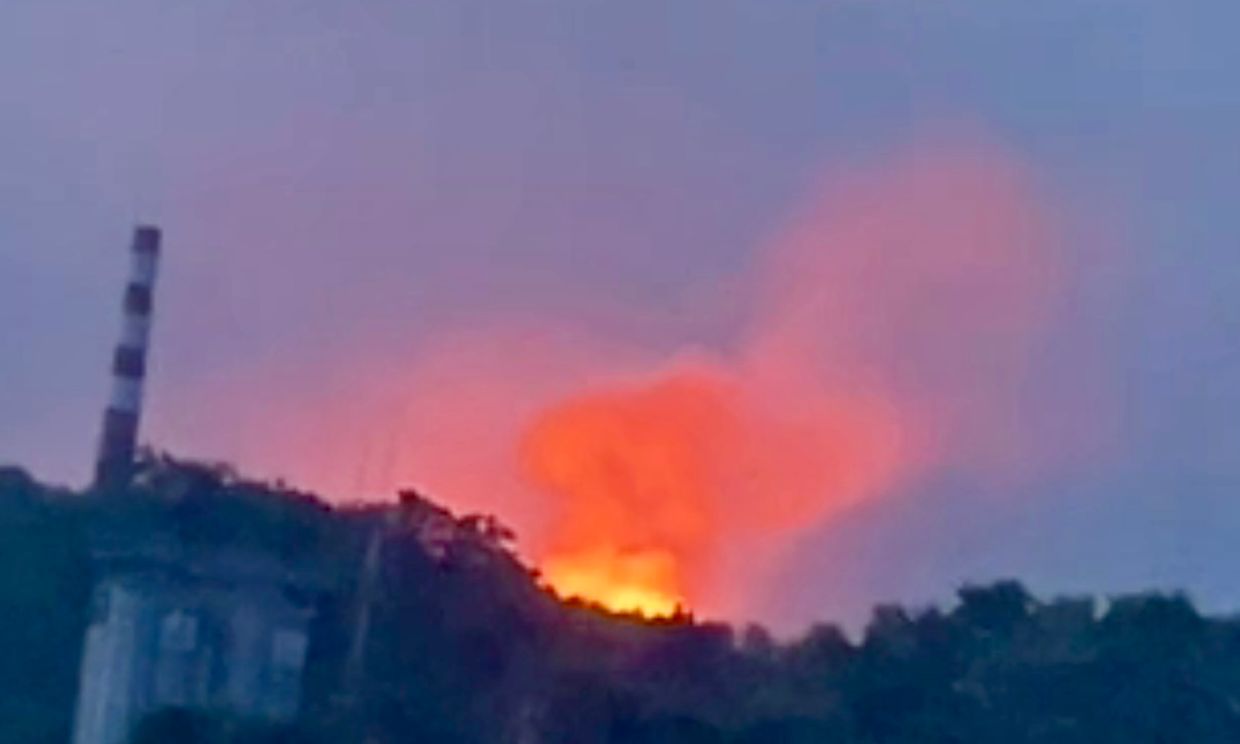Over 200 Kenyans lured into Russia’s war in Ukraine, Kenya says
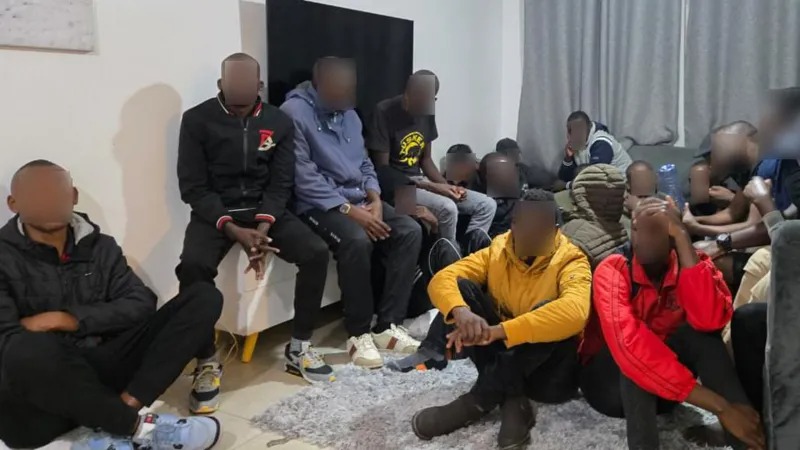
Kenya says more than 200 of its nationals are fighting for Russia in Ukraine, with recruitment networks still operating in both Africa and Russia, according to a statement issued on 12 November by Kenya’s Ministry of Foreign Affairs, as reported by Reuters.
The announcement followed a statement from Ukraine last week claiming that over 1,400 citizens from three dozen African countries are currently fighting on Russia’s side. Ukraine’s foreign minister, Andriy Sybiha, described the contracts offered to African recruits as “equivalent to ... a death sentence,” and called on African governments to warn their citizens.
Nairobi confirms citizens misled into joining war
The Kenyan Foreign Ministry said its citizens are being recruited into Moscow’s war effort through networks active both in Russia and in Kenya, Reuters reported. According to the statement, “over two hundred Kenyans may have joined the Russian military,” with officials warning that recruitment activities are still ongoing.
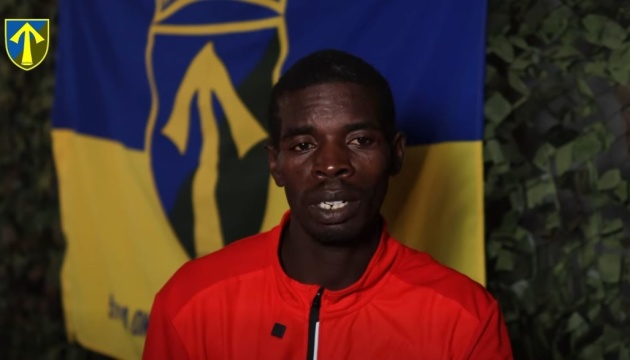
Kenyan athlete says he was lured to Russian army, but Ukrainian fighters who captured him aren’t so sure about that
The Ministry added that its embassy in Moscow had recorded injuries among some of the Kenyan recruits. Those injured had allegedly been promised up to $18,000, covering visa costs, travel, and accommodation. But instead of receiving non-combat roles, they were deployed to the battlefield.

Russia’s war needs bodies: Kenyan recruits rescued before being shipped to Ukraine frontline
21 rescued in Kenyan raid tied to recruitment ring
Kenyan security services conducted a raid near Nairobi in September that resulted in the rescue of 21 citizens who, according to the foreign ministry, were being prepared for deployment to Ukraine. The ministry said the individuals had been deceived about the nature of their roles.
Read also
-
South Africa investigates how 17 citizens were deceived into joining Russia’s war in Ukraine
-
ISW warns: Kremlin prepares to mobilize reservists without formal call‑up as its paid recruitment system collapses
-
South Africa investigates how 17 citizens were deceived into joining Russia’s war in Ukraine
-
“Corrupt and ruthless” Russian agents deceived Kenyans into fighting in Ukraine – Nairobi










